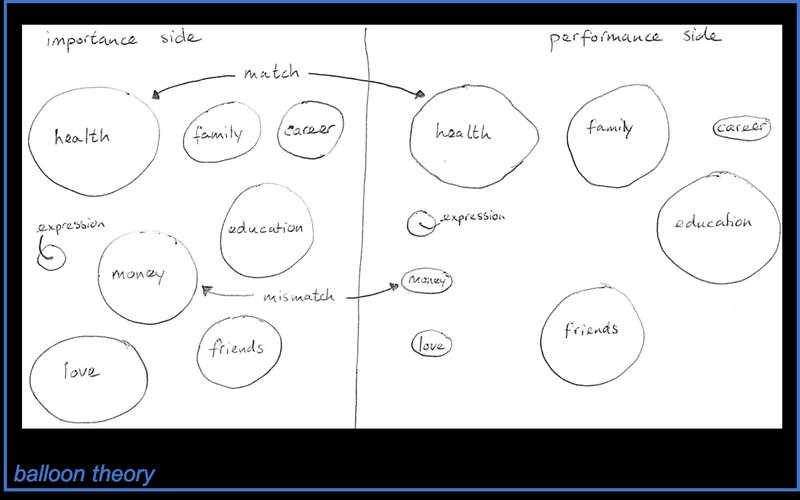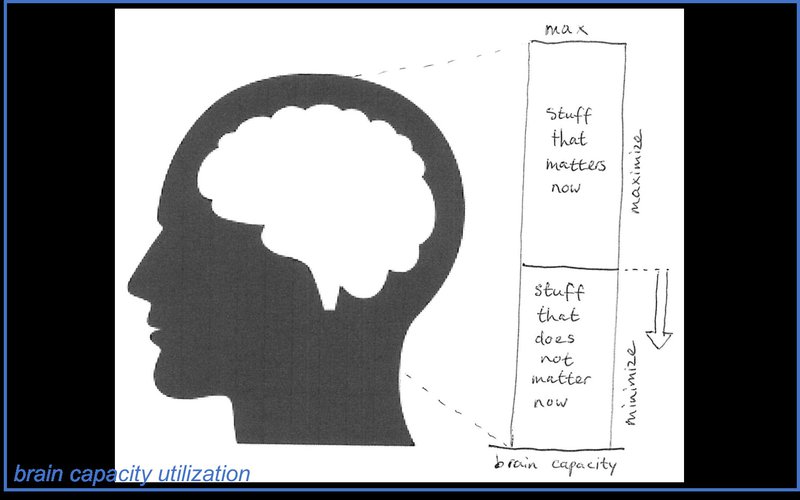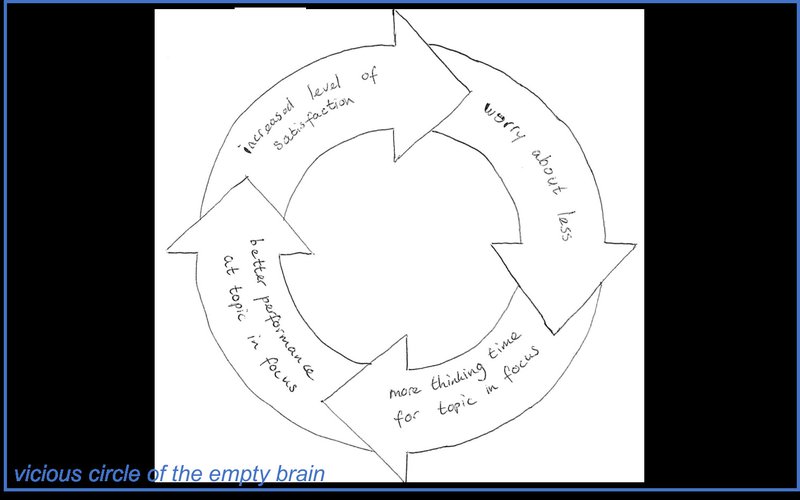I am a big fan of reading blogs of inspiring people; admittedly most are venture capitalists like Tom Tunguz, Fred Destin and Christoph Janz. Having wandered around in this space for a while now, I felt it was my time to also share some thoughts with the world (or at least the few people who actually read this – thanks mom, appreciated).
Most people that know me probably would expect that my first blog ever would talk about data, sales strategies or fundraising for your startup. But all of those are means to an end. So, what then is this end, I asked myself.
This is the first part of a blog describing how you can improve your performance without increased stress levels, and how I got to that point. If you don’t care about me as a person – which I can completely understand – feel free to skip this Part 1, and jump into Part 2 right away which gives you 10 practical ‘tools’ to increase your performance at any topic you desire.
My personal evolvements over time
Ever since I could count the guilders* that my granddad gave me, when people asked me what I wanted to become when I would grow up, my answer was ‘rich, but behind the scenes’. Fortunately, as a young adolescent, I found out that this financial wealth I was striving for was not the end, but more a means to become independent.
Then, at university, I started to understand that a few more relevant topics can cross an individual’s life, and developed what I used to call at that time my balloon theory. Completely ignorant about all already existing psychological studies out there, I separated my wellbeing in ten core topics: health, love, family, friends, money, career, education, expression, acknowledgement and a few more – I admit, not really ten topics, and some actually varied depending on how much beer I had been drinking and who I was talking to. But the principle still is valid.
I visualized two sides: on the left: a set of balloons which size represented how important a topic was for me: the bigger, the more important. On the right: a set of balloons which size represented how I was performing at such topic: the bigger, the better ‘performance’.

It took me well over a decade thereafter to start to understand that I could not only influence the ‘performance side’, but actually I could influence the ‘importance side’ as well. When I was discussing all of this in a bar with my friend Oscar Bieleveld at that time, he gave me a book by Eckhart Tolle – which made quite a few things fall into place. Although I might not relate to everything he writes – I am an economist, capitalist and venture capitalist after all – his description of disconnecting my ego from my personal self**, gave me a tangible tool to meditate: if something negatively affects my personal wellbeing (i.e. one of the topics that define my wellbeing), I can (or at least can try to) disconnect this from my personal self. Hence, I have the tool to boost my personal wellbeing, by adjusting the importance side to the performance side, instead of having to work my but off and stress how to match my performance side with my importance side. I said it once at a training course at De Baak to my fellow attendees: if I am not good at something, I simply decide it isn’t important. Real independence comes from not needing anything. (Why go on holiday if you can find pictures of those places on Google – if you haven’t heard of Google, you should really check it out – amazing what these guys can find for you***)
Relaxing while achieving
Now, this may be perceived by some readers as if I am a completely laid back guy, relaxed about anything and not caring about my work.
I hope that those of you who know me have a different impression: I work on great projects about every minute of time that I can find to work and aim to achieve the biggest outcomes possible. I want to have things done rather today than tomorrow and for that purpose I am a tiny bit pushy to our portfolio companies at Peak (sorry guys, but it is for this ‘shared objective’ we spoke about, remember ;-)).
Why? Because it is possible. Why not to try to achieve the best outcomes, why be lazy, if with the same amount of effort, but used in the right way, you can achieve the better outcomes? With real independence in your brain connected to great ambitions (although not ego ambitions), performance can be maximized, if not optimized.
Brain capacity utilization
And it really is possible: if you are capable of using more of your brain capacity to work on the things that matter at that moment, you can think better, work faster and achieve more. Brain capacity use at each moment equals use of capacity on what matters at such moment + use of capacity of what does not matter.

By eliminating all negative feelings and emotions (stress, anger, hate, fear) you do not have to use brain capacity for unnecessary stuff. I am convinced that if you do not worry about an exam, you will perform better; if you do not worry about your career, you will get that promotion when you are up for it. The only thing you have to do, is to use your brain capacity on the stuff that matters at that moment. True happiness comes from an empty brain.
And this is a vicious circle:

To conclude
I’ll hear you say: yeah, that’s easier said than done. And you are right, but if you want to find out how I implement this in my life in a practical way, check out Part 2.
* those millennials out there who have no clue about what guilders are: click here
** Eckhart Tolle’s concept of ‘ego’ relates to everything you think you are/do/can/etc., while in fact the true ‘personal self’ is completely disconnected from everything you think: if you actively realize that everything you think is just a thought (feeding your ‘ego’), but not really ‘you’, that can be quite liberating. (Well, sorry to try capturing his whole lifework in just 1 sentence, and I am probably not that accurate, but I hope you still catch my drift a bit. One positive note: if Mr. Tolle believes that his thoughts should be disconnected from his personal self, his personal self probably won’t be angry at me if I am misinterpreting his work – just his ego could be angry ;-))
*** fair disclosure: I do own shares in Google, unfortunately not that much 😉